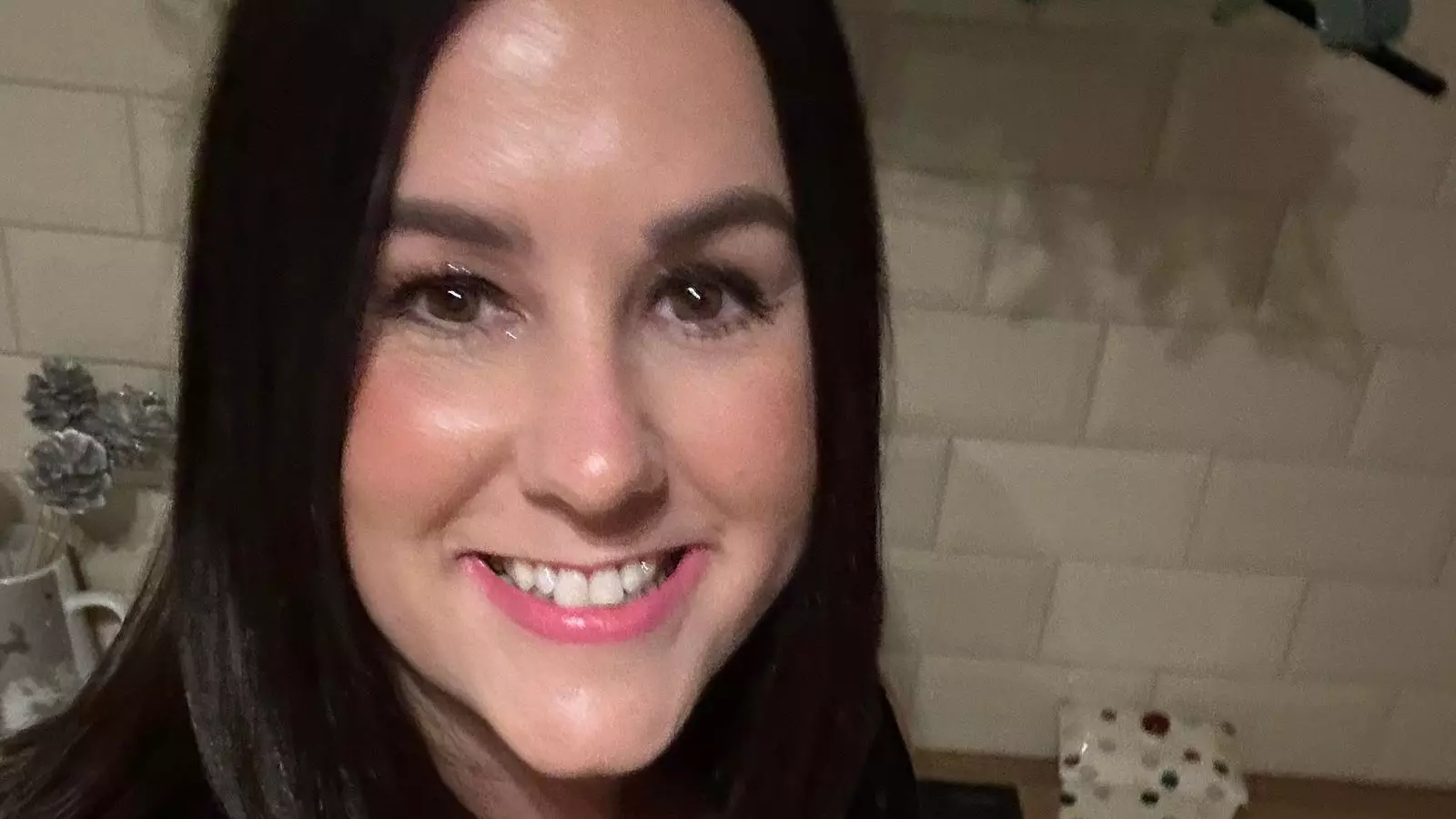In recent months, the issue of online hate speech has gained significant attention, especially in light of violent events such as the Southport stabbings. The tragic incident, which occurred on July 29, 2023, saw three young girls lose their lives and several others injured during an attack that was later misattributed to a Muslim asylum seeker. This misinformation spurred widespread unrest throughout the UK, illustrating how rapidly false narratives can propagate through social media and lead to real-world violence. It is within this framework that we examine the case of Lucy Connolly, a childminder and the wife of a Tory councillor, whose online behavior raised serious ethical and legal concerns.
Lucy Connolly was charged with inciting racial hatred after she posted inflammatory remarks on her social media account on the day of the stabbings. Appearing via videolink from prison, Connolly admitted to her actions, stating, “Mass deportation now, set fire to all the f*****g hotels full of the bastards for all I care… If that makes me racist, so be it.” This statement, which she later deleted, illustrates a troubling attitude that, unfortunately, resonated with segments of the public, especially in a climate of fear and anger following violent events.
While Connolly has since expressed remorse, acknowledging that her post was based on “false and malicious” information, the legal repercussions serve as a stark reminder of the responsibility individuals have when engaging in public discourse—especially on platforms like X (formerly Twitter). The court proceedings have not only exposed Connolly’s actions but also illustrated the broader societal issue of hate speech and its impact on community relations.
The case has not only legal but also emotional dimensions. Connolly’s husband, Raymond Connolly, expressed relief that the legal process was concluding, describing the experience as “traumatic” for their family. His statements provide a poignant reminder of the personal ramifications that public figures and their families can endure when one individual’s actions spiral out of control. He characterized Lucy as not representative of her statements, framing her as a grieving mother whose past experiences have perhaps distorted her judgment.
Their son, who tragically passed away from dehydration in 2012 following a series of medical misdiagnoses, adds another layer of complexity to the narrative. This personal tragedy may have influenced Lucy’s heightened emotional response to the stabbings, leading to her impulsive and inflammatory post. The Connolly family’s history invites compassion, yet it also underscores the frightening ease with which individuals can succumb to rage and bigotry when faced with fear or loss.
The reaction to Connolly’s online post and the riots sparked across the UK draws attention to societal fragility, especially in matters of race, community safety, and public trust. The rapid spread of misinformation through social media highlights the vulnerabilities of contemporary communication. With a click, individuals can share content that incites hatred or violence, ultimately impacting community relations and increasing tensions among different societal groups.
Moreover, the case of a 12-year-old in Manchester, who faced the courts for violent behavior during the riots, reflects a regrettable trend among youth being swept up in extremism. The mother’s decision to go on vacation instead of supporting her son in court embodies a troubling disengagement from reality in these chaotic times. This further underlines the critical need for fundamental social institutions—schools, families, and community organizations—to address the rising tide of hatred and polarization among young people.
Lucy Connolly’s guilty plea serves as a cautionary tale about the effects of unchecked emotions and misguided beliefs amplified through social media. It highlights an urgent need for society to foster dialogue, encourage critical thinking, and combat misinformation. The challenges we face today, particularly concerning racial dynamics and public safety, necessitate collective effort—not just from individuals but from communities, educational institutions, and policymakers.
It’s essential to recognize that while personal accountability is vital, the societal structures that allow the perpetuation of hate and division must also be reevaluated and strengthened. Only through careful reflection and committed action can we hope to turn the tide against the forces that seek to divide us.


Leave a Reply